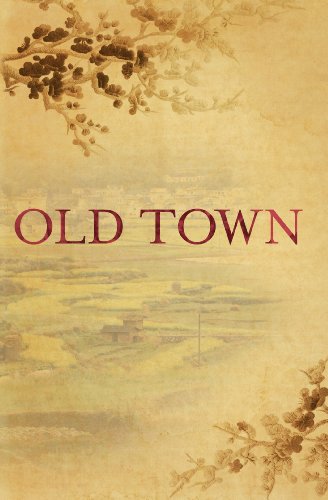Old Town
A young girl sits on a train watching the rain splatter against the window as she daydreams about the young man she’s left Old Town to follow. She is lovesick, sure that the young man doesn’t know her. As it turns out, she hardly knows herself. Following her love to California, the girl takes on a series of unsatisfying jobs until returning to China to set up her own business. But business is cutthroat in Beijing and the girl, now a middle-aged woman, is on the verge of losing everything. But rather than stay and fight for her business, the woman takes on a project that surprises even her: guiding a young Chinese-American Christian back to Old Town and help him set up his family image data service to help younger generations of Chinese reconnect with their past.
Told alternately in the present day and in retrospective (trans. George A. Fowler), the narrator muses about the strong beliefs that guided her grandparents and parents through war and separation and revolution while her own marriage is in tatters and her life is frighteningly devoid of any substance. This is an epic story of a people’s loss of faith in God, tradition, country, and ultimately themselves. One of the most poignant moments of the novel is when the narrator is standing before a memorial of martyrs, all young men who knew they’d soon be executed but whose faces are serene with purpose. Maybe they had been happier than us? the narrator wonders. And that rather than pitying those who died so young for the Revolution, she writes: I envied them for their fulfilled lives.










